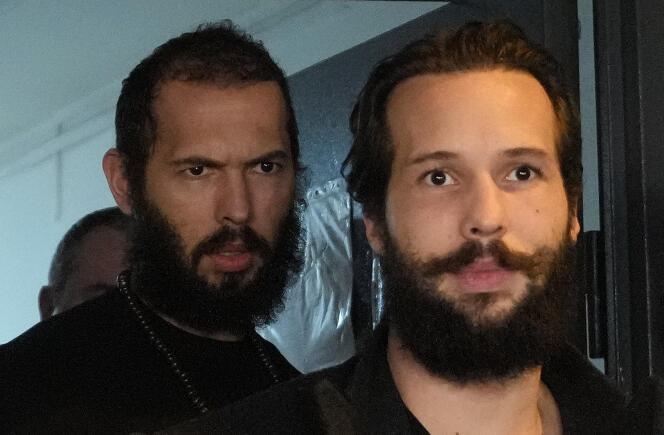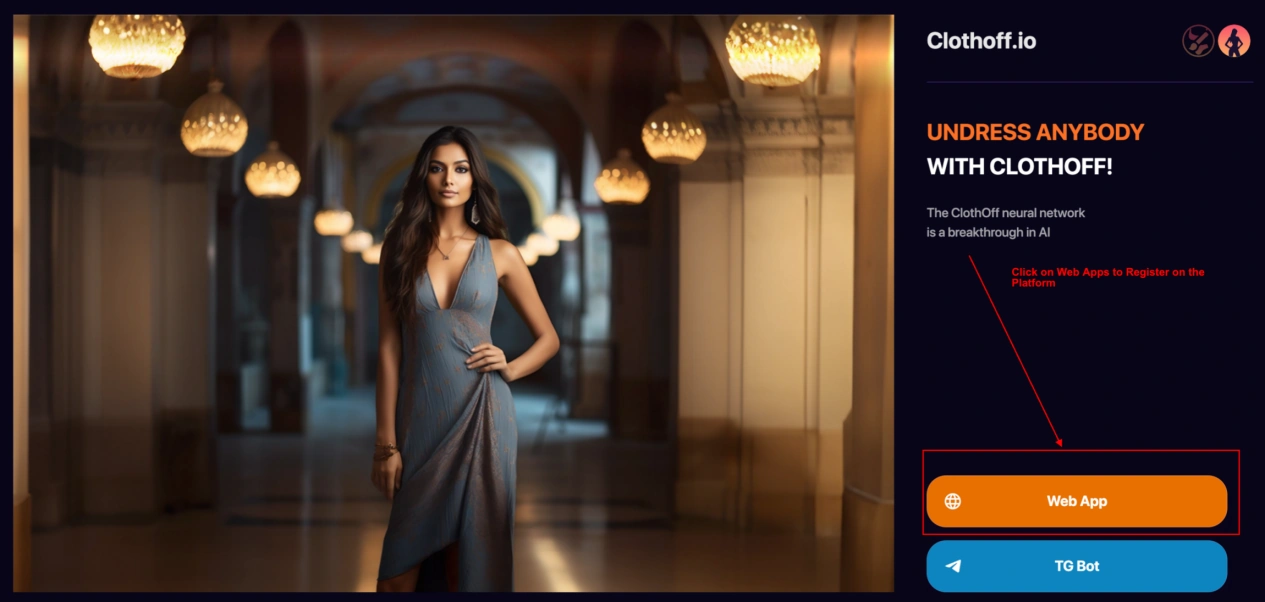Andrew Tate's Appeal Rejected: Influencer Faces Continued Restrictions in Romania Amidst Human Trafficking Allegations
January 31, 2024 - Reading time: 4 minutes

A Romanian court has rejected an appeal by the online influencer Andrew Tate to ease judicial control measures imposed while the legal case continues in which he is charged with human trafficking, rape and forming a criminal gang to sexually exploit women.
The Bucharest court of appeal’s decision on Tuesday upheld a ruling by another court on 18 January that extended by 60 days the geographical restrictions against Tate, 37, stipulating that he cannot leave the country.
Tate, a British-American former kickboxer, lost his appeal more than a year after he was first arrested near Bucharest along with his brother, Tristan, and two Romanian women. Romanian prosecutors formally indicted all four in June last year and they have denied the allegations. The case is still being discussed in the preliminary chamber stages, a process in which the defendants can challenge prosecutors’ evidence and case file. No trial dates have been set.
Andrew Tate, who has 8.7 million followers on the social media platform X, has repeatedly claimed that prosecutors have no evidence against him and that there is a political conspiracy to silence him. He was previously banned from various prominent social media platforms for expressing misogynistic views and for hate speech. After their arrest, the Tate brothers were held for three months in police detention before being moved to house arrest. They were later restricted to the areas of Bucharest municipality and nearby Ilfov county.
Earlier in January, Tate won an appeal challenging the seizure of his assets by Romanian authorities, which were confiscated in the weeks after he was arrested. It is not clear when the next court hearing on his asset seizures will be. Romanian authorities had seized 15 luxury cars, 14 designer watches and cash in several currencies worth an estimated €3.6m (about £3m). Romania’s anti-organised crime agency said at the time that the assets could be used to fund investigations and for compensation for victims if authorities could prove they were gained through illicit activities.
YouTube Profits from Advertisements on Andrew Tate's Controversial Videos
YouTube has reportedly earned as much as £2.4 million from advertisements on videos featuring Andrew Tate, a controversial social media personality, according to research by the Center for Countering Digital Hate. This revelation comes amid growing concerns about Tate's content, which has been described as "violently misogynistic" and "deeply conspiratorial."
Tate, a former kickboxing world champion turned self-styled success coach, has faced bans from multiple social media platforms, including YouTube, Facebook, TikTok, and Instagram. However, the study suggests that YouTube may have profited significantly from ad revenue generated by channels posting Tate's content before they were removed.
Experts have criticized social media firms for enabling Tate to accumulate profit by promoting his divisive content. Tate's online business academy, The Real World, was recently exposed for exploiting his young followers through social media channels.
The study analyzed The Real World and an unnamed channel sharing its material, estimating that YouTube may have earned £2.4 million from these channels. It's worth noting that YouTube typically shares ad revenue with content creators, with creators receiving just over half of the revenue.
Imran Ahmed, the CEO of the Center for Countering Digital Hate, criticized social media companies for allowing toxic figures like Tate to profit from their divisive content. Ahmed argued that algorithms rewarding engagement incentivize the spread of violent misogyny, resulting in real-world harm to women and girls.
Tate's ability to continue spreading his content despite platform bans highlights a concerning trend where extremists leverage their online followings for lucrative affiliate marketing schemes. Platforms like YouTube are criticized for turning a blind eye as long as profits keep rolling in.
Tate's controversial statements, such as questioning the portrayal of Nazis during World War II, have sparked outrage and further intensified concerns about his online influence.
Anti-fascism charity HOPE not hate expressed concerns about Tate's content, which they describe as "violently misogynistic and deeply conspiratorial." They argue that Tate's social media accounts serve as gateways to more extreme far-right, misogynistic, and conspiratorial content.
Recent findings also reveal that more young men in the UK have seen material from Tate than have heard of the Prime Minister, Rishi Sunak. This influence has raised concerns about the impact of Tate's content on young people's perceptions of gender equality.

DW Staff
David Lintott is the Editor-in-Chief, leading our team of talented freelance journalists. He specializes in covering culture, sport, and society. Originally from the decaying seaside town of Eastbourne, he attributes his insightful world-weariness to his roots in this unique setting.




